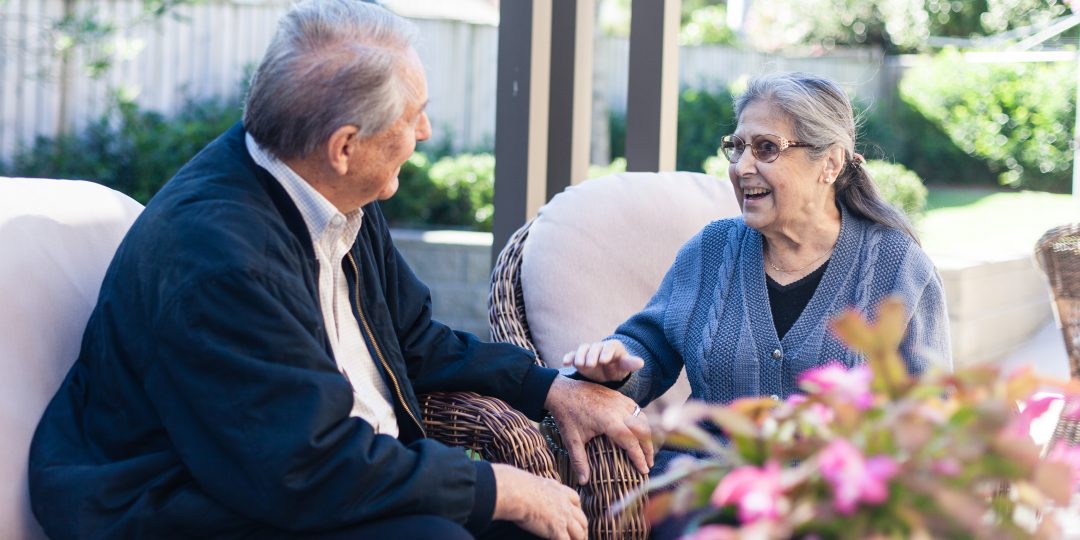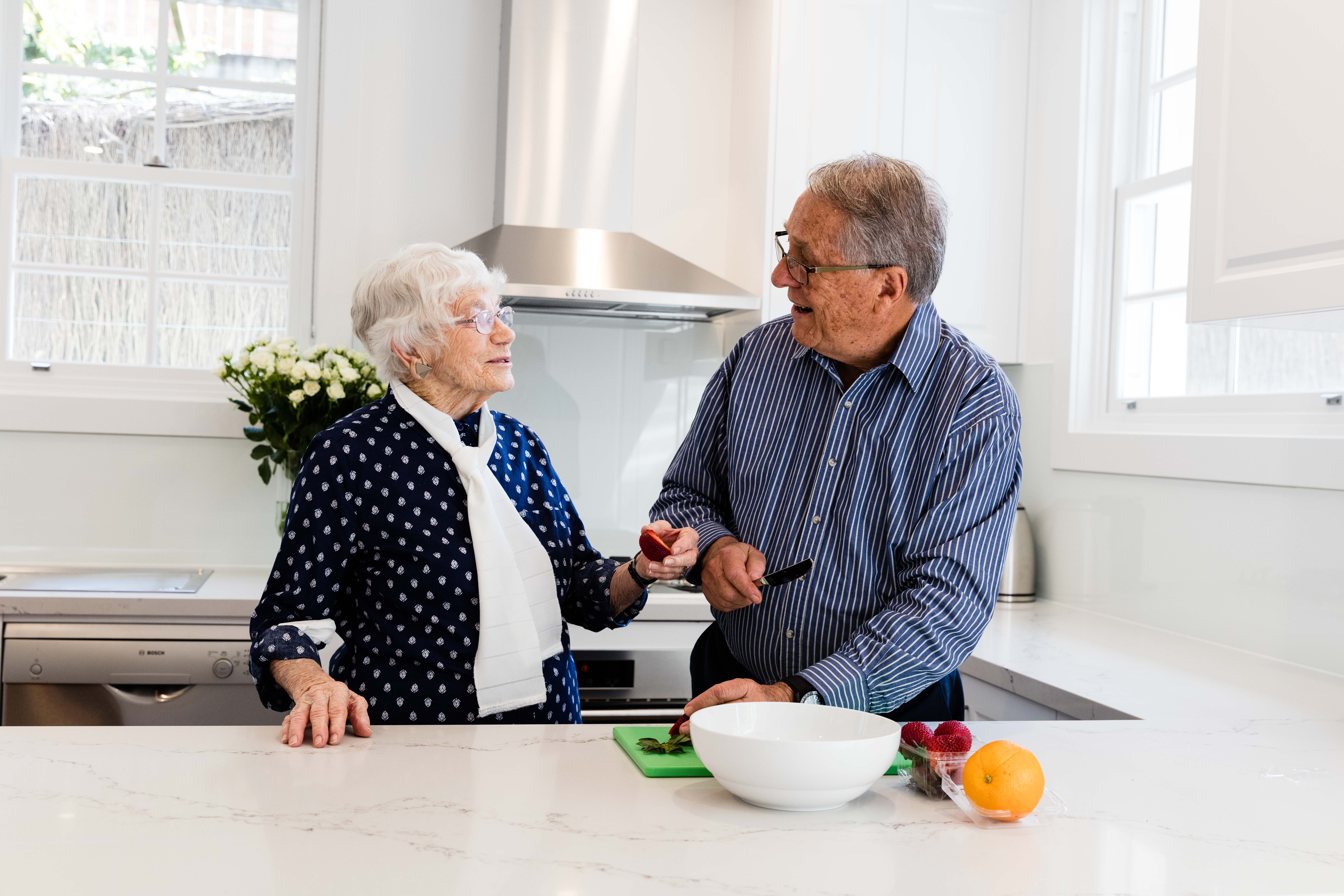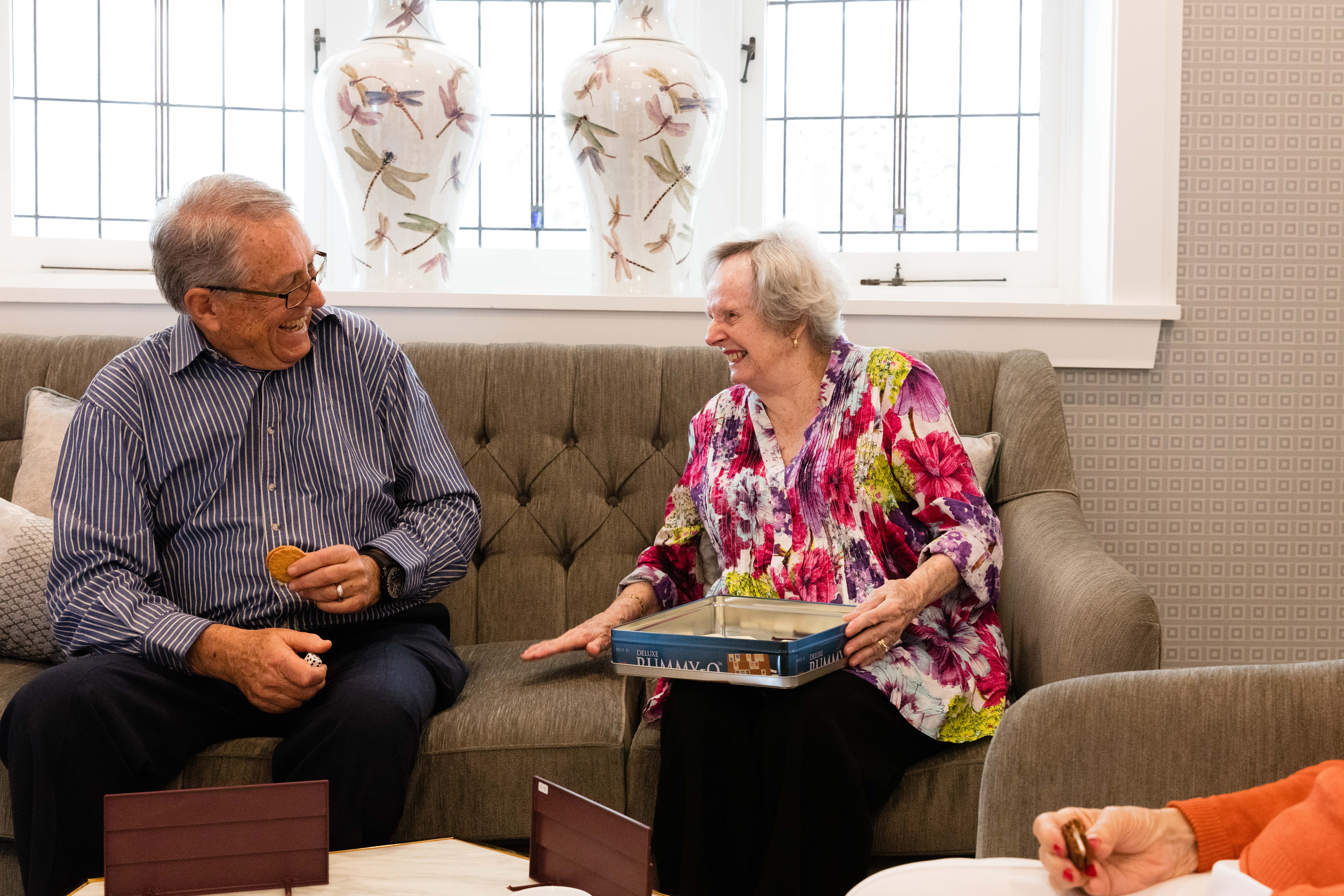Founder and Co-CEO of Group Homes Australia, Tamar Krebs, takes a closer look at how COVID-19 has impacted those living with dementia, and their loved ones
This pandemic has hit every community, old and young, in a different way. It has isolated people, it has torn businesses apart, and put pressure on the health system like we’ve never seen before. For people living with dementia, COVID-19 has presented a whole new set of challenges, and complex dimensions to their disease.
Routine
Having a routine is an important aspect to the day. Predictability creates a sense of reassurance and familiarity for a person living with dementia. For some, they may keep a diary, and that diary helps separate the days by knowing what they will be doing today and tomorrow. Monday might be the day that they go to their favourite local coffee shop, and Tuesdays might be the day they go for a walk with a group of friends, and Wednesday is the day their daughter may pick them up and take them out to the cinema.
Each experience on each day gives structure and a sense of purpose, connected to their routine for that day. During the pandemic we have seen people’s routines completely disrupted. Local coffee shops and cinemas have closed down, and some people are in an age group where they are classified as high risk and need to stay home.
Social Gatherings
There have been pros and cons to the limits of social gatherings. For some people living with dementia, being in a smaller group of people creates the opportunity for them to participate in discussion and be included, as opposed to large family and social gatherings. Often a person living with dementia can get lost in the many discussions, and can be excluded. We may want to hold onto the social gathering limits, even after the pandemic, when including someone living with dementia.
Physical Touch
Physical touch is an important part of connection. Whether it’s greeting someone, a hug or a kiss goodbye, or holding someones hand. Social distancing has created barriers to connection, to keep people safe from the pandemic. However, this has caused a disconnect for those needing and wanting that physical touch from the people closest to them. For someone living with dementia, they may not always remember to socially distance in public or when interacting with family and friends, this may put them at further risk.
A lack of physical touch can also impact confidence for someone living with dementia. They may meet a friend and put their hand out to shake, and when the friend doesn’t reciprocate, the person living with dementia may feel a sense of shame, because they won’t remember or understand why that person is refusing a physical touch.
Masks
Masks have become mandatory in health care settings, and are becoming increasingly popular in the community. For someone living with dementia, facial expressions communicate more than words will. A smile or a frown and the tone of voice will resonate a lot more than the actual words. When we wear a mask, someone living with dementia may no longer be able follow the content of a conversation, as the mask robs them of visual prompts. Visual cues are the strongest way a person’s brain takes in and processes information. If they cannot see the persons face, the environment becomes disabling, and they can no longer recognize the person they are talking to.
The visual prompt that a mask gives to someone living with dementia, is that something is wrong with them. Traditionally, the only time someone wears a mask is in hospital, in theatre. The non verbal message that we send by wearing a mask is that something is wrong with you.
It is up to care partners and health care workers to try and overcome all of these challenges through the pandemic. Creating new adapted routines in the local community to combat the risk of isolation, giving virtual hugs, connecting through technology, and writing cards and sending flowers, so the person living with dementia knows that they are still valued and desired by their friends and family. Remembering that the person living with dementia is doing the best job that they can.
If we can assist with answering any further questions, please don’t hesitate to contact our Resident Relations Manager for support on 1300 015 406 or email Group Homes Australia Home Support Office. The Group Homes Australia (GHA) care model is firmly built on the belief that people living with dementia thrive in a home environment. GHA homes are ordinary homes, on ordinary suburban streets, where 6 to 10 residents live together. Residents have 24-hour care, provided by a team of staff that we call ‘Homemakers’.







0 Comments